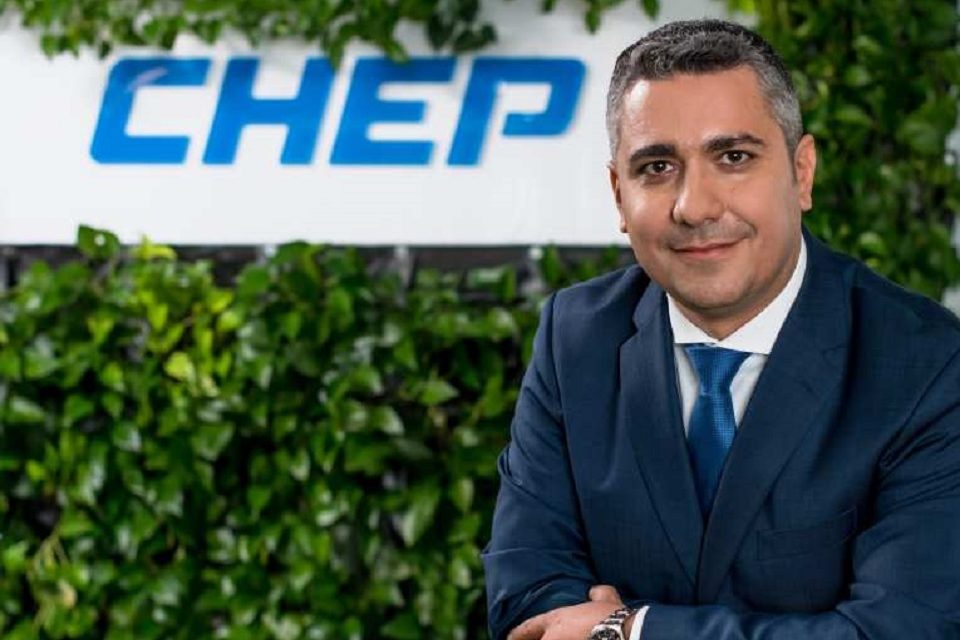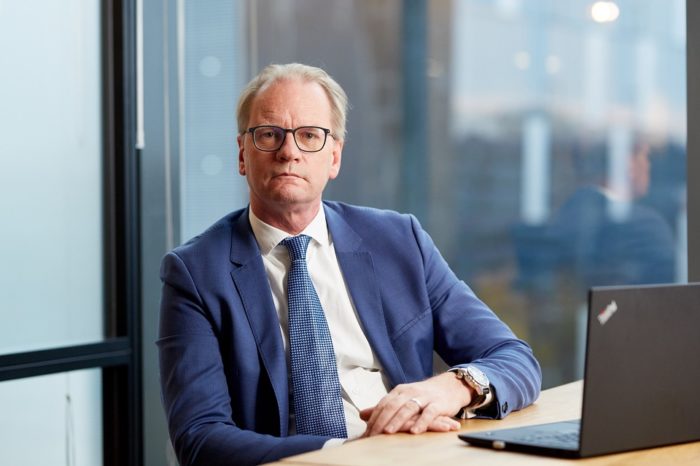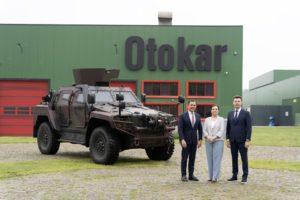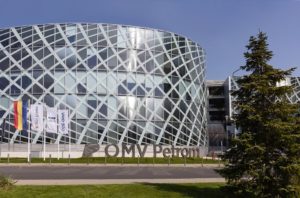Gabriel Ivan, Country General Manager CHEP: Sustainability has become a decisive commercial factor for customers

Circular economy is among the hottest topics these days. Companies are keen on meeting their sustainability targets according to the specific of their industry and general regulations.
In this respect, The Diplomat-Bucharest talked to Gabriel Ivan, Country General Manager CHEP, the solutions provider for logistics about the circular economy and sustainability trends, expectations, outcomes and evolutions in 2021.
Why is it important for a company to become sustainable?
Companies must adapt their business to a low carbon world not only because they need to adapt to international regulations and the Paris Agreement, but also because sustainability in practice means becoming resilient to the challenges of the future, opening opportunities and competitive advantages while creating long-lasting value and trust. The product and service providers must take into consideration that sustainability is no longer a trend. It is becoming the norm, as companies will be held accountable for the environmental and social resources preservation and valuation. Companies will also be accountable for transparency on how these commitments are being carried out, which the European Commission has recently outlined in its package of measures intended to further promote sustainability, as part of making Europe climate neutral by 2050.
Underperforming in nonfinacial areas can also significantly alter the growth projections of big FMCG players. An analysis by McKinsey of top 50 global listed companies revealed that around half of each organization’s market value was represented by the projected growth, which could be altered by low non-financial indicators such as carbon emissions, waste pollution, contribution to deforestation, unsustainable water extractive operations and use and the workforce welbeing and security.
Sustainability has become a decisive commercial factor for customers. Consumers are starting to choose sustainable and socially responsible companies over competitors that don’t show sustainable actions, even if their products or service are cheaper.
How is sustainability approached in the industry?
As a pioneer of the sharing economy, CHEP’s business model is intrinsically sustainable. We are one of the most sustainable logistics business globally. We’ve been onboarding our hundreds of customers and partners in the purpose of reducing their environmental footprint by renting our reusable platforms since 2012 in Romania and for seven decades worldwide.
Since 2020, we took a step further and set up a set of ambitious sustainability targets for 2025 aimed at pioneering regenerative supply chains. That means evolving from ‘doing less bad’ or reducing or negative impact, to creating positive impact on the planet and society by restoring and replenishing the resources that we take out.
However the vast majority of the Transport & Logistics suppliers are operating linear, ecologically inefficient service models. The COVID-19 crisis seems to be an important momentum for these players to include sustainability in their decision making and business models.
What is the industry’s expectations and challenges in terms of business evolution for 2021?
It is expected for the Transport & Logistics market to stagnate or to see a slight increase to 2020. The main challenges are the lack of predictability in the economic and political environment, the drivers crisis, the fuel price hikes and the investments in digitization.
What is the key to a sustainable and climate-neutral approach?
When it comes to tackling climate change and limiting global warming, science-based target setting, indicating how much and how quickly a company needs to reduce its greenhouse gas (GHG) emissions to prevent climate change, is a significant opportunity for businesses to speed up to climate-neutral operations.
The sustainability leaders that represent the cutting edge of the UN Global Compact, including our parent company Brambles, which signed the Business Ambition for 1.5ºC Pledge commitment to limit the global warming are using science-based targets in their sustainability programs.
To what extent does education play a role in supporting sustainability?
Education has been key to any revolutionary change. To reverse the progress of linear systems and lead the circular services sector we have been advocating for circularity for seven decades now.
Referring to the most recent educational projects in Romania, we started last year a series of awareness and advocacy campaigns alongside several Retailers to encourage more financial and ecological responsibility in the supply chain, as well as in consumption.
Moreover, we are members of the Ellen MacArthur Foundation’s network since 2015, whose mission is to accelerate the transition to a circular economy by working with, and inspiring business, academia, policymakers, and institutions to mobilise systems solutions at scale, globally.
How can Romania accelerate its transition to a circular economy?
2020 accelerated companies’ plans to implement financially and environmentally sustainable strategies in the national supply chain. But to be integrated and fully functional, the circular systems need a solid legal framework able to support a more sustainable value chain.
We will see a more circular economy in a tangible future only by embracing collaboration, irrespective of the vertical sector. Companies in all areas of commerce—from manufacturing, retail, transportation and logistics services to other sectors such as the extractive industry, automotive or agribusiness—must seek collaborative creative strategies to decouple profit from the use of natural resources, to become sustainable in a business meaningful way.
What lies is at the heart of a circular economy?
To use Ellen McArthur Foundation’s definition, circular economy is based on the principles of designing out waste and pollution, keeping products and materials in use and regenerating natural systems. It is a perfectly achievable objective with the right consultant and supply chain partners.
What is the company’s business approach in the current economic context?
CHEP has recently reached the carbon neutral objective within its own operations, scopes 1 and 2 of the Greenhouse Gas (GHG) Protocol. This is the first step towards the ambitious and more challenging decarbonisation of CHEP and Brambles’ entire supply chain, which would involve also the emissions generated by subcontractors’ operations (scope 3). The real challenge is to make our clients and suppliers embrace this aim to become carbon neutral in their operations.
Our business goals will involve extending and building new partnerships with them to leverage the circular economy and the best available low and zero-carbon products and services to decarbonise our entire supply chain. Last year alone, companies collaborating with CHEP avoided the deforestation by 7,000 dmᶾ wood, equivalent to over 6,750 mature trees. They also avoided from the national supply chain more than 8,1 tones CO2 which equal the emissions of 7.4 million kilometers by a truck in the linear system and over 670,000 kilograms of solid wood waste. It is an important impact which will grow depending on the adoption pace of circular logistics solutions.
I expect the period to 2025 to be challenging, more than business as usual. We are aiming to maintain our dynamic double digit yearly growth in Romania.
What are the most important ongoing projects?
We will expand the awareness and advocacy campaigns in partnership with the Retail sector. The real challenge lies ahead of us in advocating for our customers and suppliers to become carbon neutral in their operations, too. Globally we set ourselves the purpose of advocating, educating and impacting one million people to become circular economy change makers by 2025.
We also expect the collaborative transport to gain ground in the following years, as more companies will be interested to cut their emissions and freight transportation costs.















